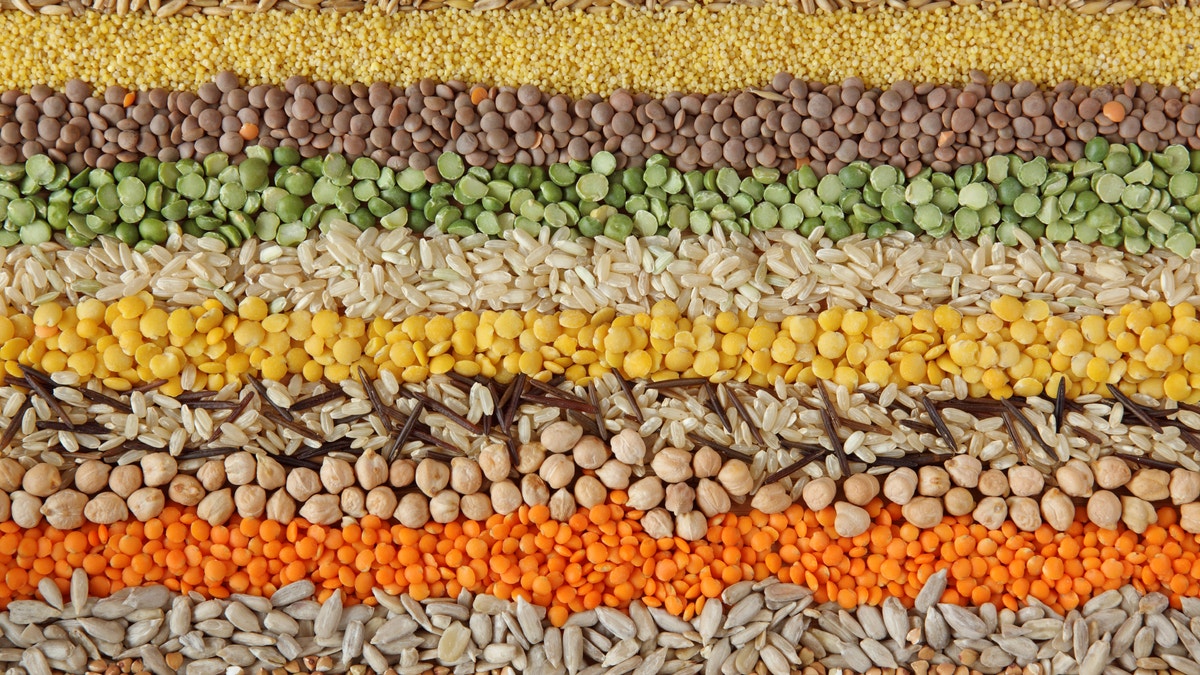
More than 7 million Americans follow a vegetarian diet, according to a recent study, whether for health benefits or environmental concerns, and many are concerned about getting enough protein without any animal consumption.
One expert, David Seres, director of medical nutrition in the Institute of Human Nutrition at Columbia University Medical Center in New York City, explains where the best sources of protein can be found in the plant kingdom and why extreme vegetarianism isn’t optimal for human health.
All in the Numbers
Dr. Seres says his colleagues recommend a daily 0.8 to 0.9 grams of protein per kilogram of body weight, “which in a 150-pound person would equal about 55 grams”; the amount would be higher for children. The amount is recommended for all adult Americans, though omnivores have an easier time than vegetarians sourcing protein’s building blocks. “An 8-oz. steak is about 60 grams of protein, so if you eat that, you are done for the day,” Dr. Seres, an associate professor of medicine, says.
Vegetarians can get their daily 55-or-so grams by eating varied grains and legumes, which together constitute a “complete” protein, with the nine essential amino acids the body requires to function optimally. Dr. Seres notes that it isn’t necessary to consume a complete protein at every meal, or even every day. “Your body has a great ability to store these proteins for days,” he says.
Click for more from The Wall Street Journal.
